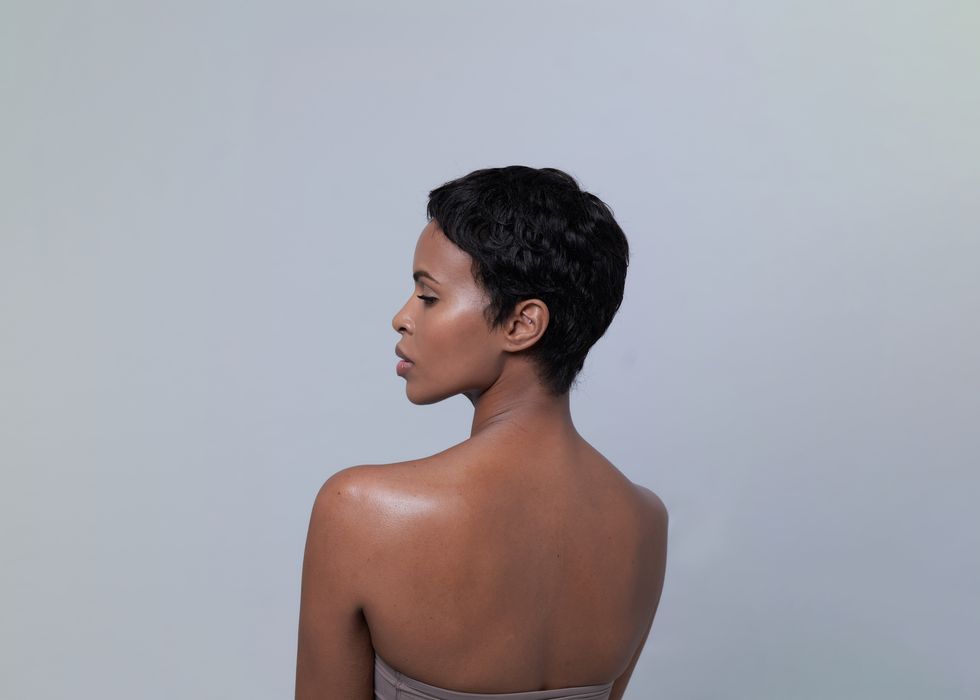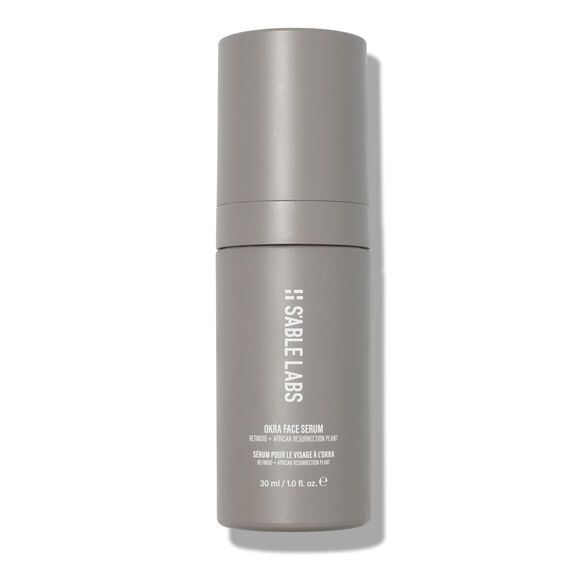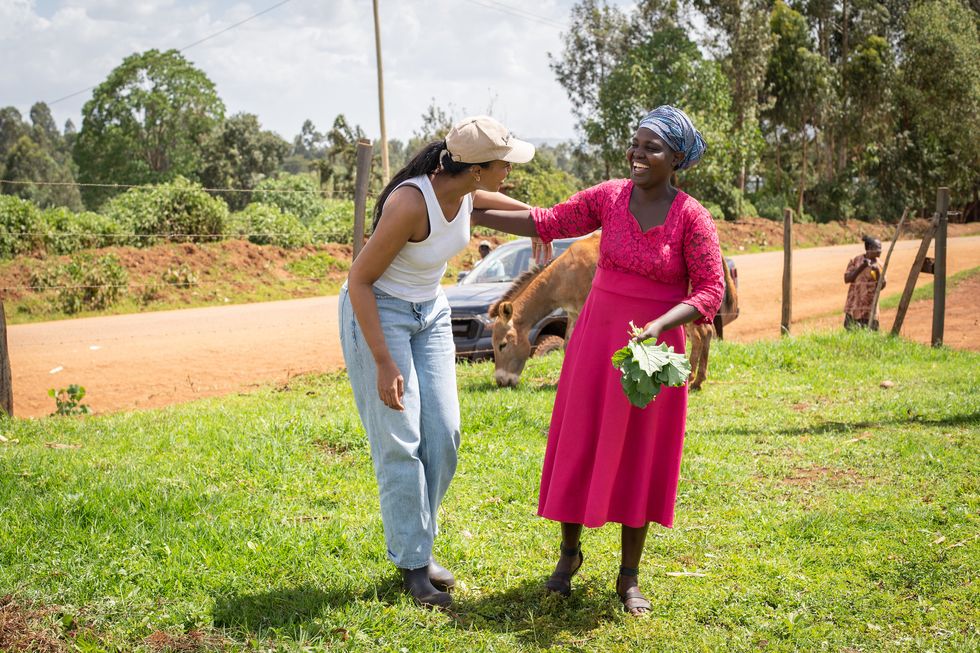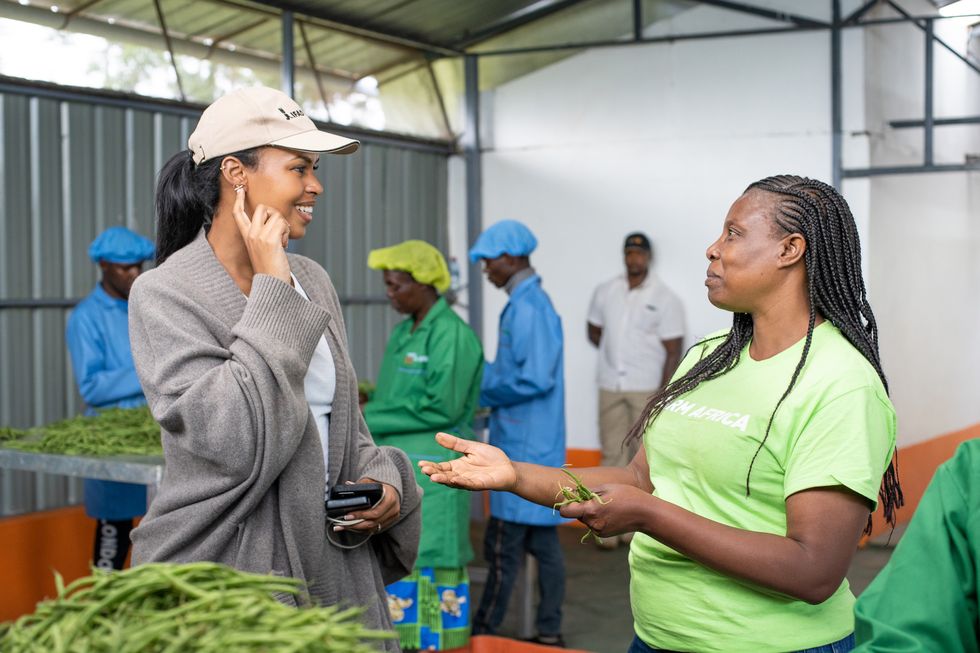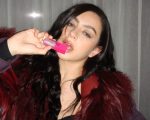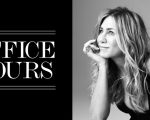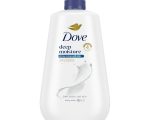The original post is located at www.elle.com
It’s no secret that beauty loves a cultural moment. French skincare and makeup aesthetics, along with elaborate K-beauty routines and products, have been hugely successful in the beauty space, informing numerous trends over the years and carving out sizable territory in the global beauty market. The impact is undeniable, and Sabrina Elba has been taking note. With virtually poreless and blemish-free skin, the model, entrepreneur, and UN Goodwill Ambassador represents the pot of gold that so many seek at the end of the skincare rainbow. Yet, she didn’t achieve this by following mainstream beauty trends.
In fact, as a teen and young adult, she struggled to manage her acne and the stubborn hyperpigmentation that it left behind. Like so many, she was enamored by the beauty marketing campaigns of the 2000s, putting harsh astringents, exfoliants, and strong prescription products on a pedestal. “I’ve gone on a lot of retinoid and retinol journeys, and I’m just slightly over that,” she says. “I know I did this to my skin, but I couldn’t stop buying into the marketing because I thought, well, if I spend enough or if I just do more, it will eventually get better.”
Unknown to her, the solutions were there all along in the form of traditional Somali beauty practices. Growing up, she watched her mother Maryam regularly mix Qasil (an antioxidant-rich leaf powder derived from the Gob tree and a staple of Somali beauty), turmeric, dried goat’s milk, and other ingredients to create skincare birthed from generations of Somali tradition.
It was a tale as old as time: Mother gives daughter advice. Daughter rejects advice. Daughter realizes Mother actually did know best. And Elba will be the first to admit it.
In the most full circle moment, her mother’s steadfast use of these Somali beauty rituals eventually prompted Elba to create S’ABLE Labs. Her skincare brand champions using the same African botanicals she once shunned, spotlighting the power and efficacy of African-derived ingredients in the skincare space. Her mission? To give A-Beauty its flowers, putting it on the map in a way it’s never been recognized before. “I didn’t like the idea of my mom using all these botanicals and making these DIY masks at home,” Elba recalls with a chuckle. “I thought for sure she had no idea what she was talking about. So much so that I rejected the whole notion of A-beauty when I was in my teens because Sephora was so much more attractive.”
These ingredients might have been common in Elba’s home, but when it comes to the scope of what African botanicals and ingredients can provide to the broader skincare market, their potential seems to have remained relatively untapped. For so long, A-Beauty has either been relegated to shea or cocoa butter or hero ingredients whose origins are taken out of their cultural context. Through S’ABLE Labs, Elba created a space where tradition and science meet to give consumers, especially those with melanin-rich skin, hardworking, topshelf-worthy products. Botanicals like Qasil, Black Seed, Baobab, and Rooibos are staples in her formulas, living alongside the brand’s patented HyperPrevent™ Technology, developed to minimize hyperpigmentation and inflammation. “I want so badly for those ingredients to be credited in the right way, for the traditions that they come from and the heritage that’s behind them to be acknowledged,” she says. “I want A-beauty to be on the forefront just as much as we champion other kinds of cultures and beauty rituals.”
S’ABLE Labs is undoubtedly an A-beauty brand formulated with melanin-rich skin in mind, but Elba wants all other consumers to realize that doesn’t mean they’re excluded from the party. She’s offering up an open invite. “Rather than looking at Black founders and African founders as the experts for certain problems like hyperpigmentation, we’re put in a silo, creating products that people are perceiving as only for a Black audience,” Elba says. “We don’t do that with any other founder. We don’t say K-beauty is only for Korean skin.” Hyperpigmentation, melasma, and dark spots are issues that affect all skin tones, and Elba is using her platform to bring light to this fact. She hopes that the broader consumer audience will start to realize that they, too, can benefit from powerhouse African botanicals. “We’ve been shouting that at the top of our lungs everywhere we go, but I think it’s going to take a while before that really penetrates.”
Take the brand’s latest launch, for example, the Okra Face Serum Retinoid + African Resurrection Plant. The serum, a non-irritating retinol (it can even be used in your daytime routine), features okra, botanical peptides, retinoid, and African resurrection plant to boost elasticity, fade hyperpigmentation, and calm inflammation—all things that many of us want regardless of skin tone.
Although ushering in an A-beauty renaissance is top of mind for Elba, changing the perception around how the world views rural African people and communities is equally as important to her. “I got teased for being a “starving African” in high school, and I remember wanting so badly to change that narrative because everyone in my family was so hardworking,” she says. “I couldn’t imagine who they were talking about. People aren’t waiting for handouts; they’re waiting for work, they’re waiting for opportunity and investment.”
Her upbringing and current work as a UN Goodwill Ambassador for the International Fund for Agricultural Development (IFAD) is why sustainability has been strongly woven into everything the brand does since its inception. One hundred percent of the S’ABLE Labs packaging is also recycled, recyclable, or refillable. Starting the brand and speaking with others in the industry allowed her to see and understand “how damaging the industry was and how damaging supply chains from bigger conglomerates can be if they’re not transparent” and how all of that together negatively impacts the most vulnerable communities. “Supporting smallholder farmers, which is what we do with IFAD and other NGOs as well, has become such a passion project for us because I think historically, and for myself growing up, there’s been a kind of misconception that Africans are waiting for a handout because of ‘poverty porn’ on TV,” she explains.
Partnering with local farmers in areas like West Africa, Somalia, and South Africa, among others, to source ingredients instead of relying on “Big Agro” allows for investment in these rural communities. Elba says, “The NGOs and IFAD both look at investment through agriculture, but if you invest in a small group of people, help them with climate resiliency, give them the training in agriculture, build irrigation systems to help them adapt against climate change, you not only empower them, but you build this wealth of opportunity and generational wealth, which is what we want to see for rural people.”

